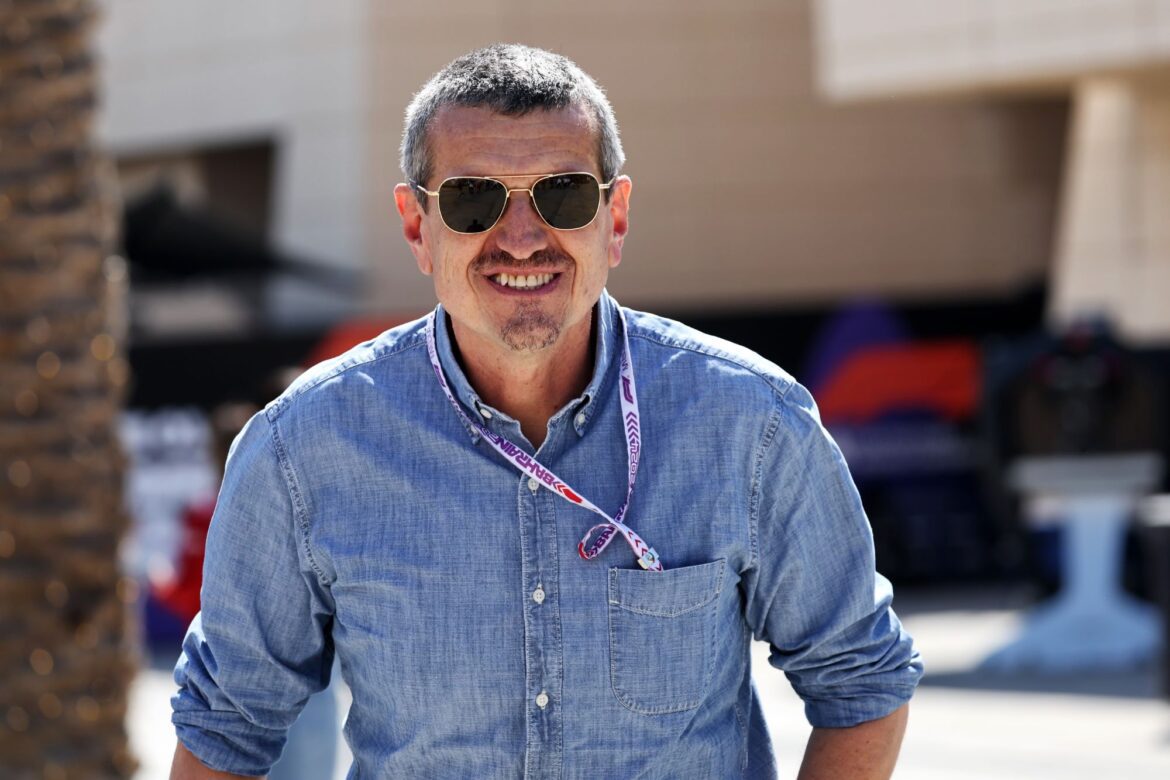Guenther Steiner’s Bold Advice for Mercedes: A Strategic Move for 2026
Guenther Steiner, the former team principal of Haas in Formula 1, has shared his insights on how Mercedes could effectively prepare for the future, particularly with the potential acquisition of Max Verstappen in 2026. His recommendation? Mercedes should consider lending Kimi Antonelli to a mid-tier team, which he believes would create a balanced mix of experience and potential without jeopardizing their championship aspirations.
The Current Landscape: Contracts and Speculations
As the racing world anticipates changes in driver contracts, both Antonelli and George Russell have uncertain futures for the upcoming season. Speculation is rife regarding Verstappen’s possible move to the Brackley-based team, and Steiner feels that removing Russell from the equation would be a misguided decision. In a recent conversation on the Red Flags podcast, he expressed admiration for Russell, questioning the logic behind excluding him from any plans involving Verstappen.
“How can they replace George with Max and keep Kimi around if they want to win a world championship?” Steiner asked, emphasizing the importance of Russell’s contributions to the team. He pointed out that while Antonelli has shown promise, his performance has been inconsistent, with only a few standout moments to his name.
Russell’s Role and Leadership within Mercedes
Since Lewis Hamilton’s departure, George Russell has stepped up significantly, taking on a leadership role within the Mercedes team. His recent victory in Canada underscores his capabilities and commitment. “You may have your opinions about him, but he is doing a commendable job. He’s a leader,” Steiner noted. He argued that replacing Russell with a less experienced driver like Antonelli could be detrimental, especially when the team’s goal is to compete for championships.
The Importance of Experience in F1
Steiner’s perspective highlights a crucial aspect of Formula 1: the value of experience. A young driver like Antonelli, despite his potential, could benefit immensely from a season spent learning in a less pressurized environment. “I would understand if they said, ‘Kimi, let’s spend a year at Alpine or Williams.’ He’s a talented driver, but he needs to gain experience. Being thrown into a winning car at such a young age without securing victories can be harmful to his development,” Steiner explained.
This approach not only allows Antonelli to grow as a driver but also ensures that the team retains its competitive edge with established talent like Russell.
The Uncertainty Surrounding Mercedes’ Future
Steiner also touched on the uncertainty regarding Mercedes’ competitiveness in the upcoming season. The potential addition of Max Verstappen raises questions about the performance of their car. “If Max goes there, how can he be sure that the car will actually be good?” he mused. This uncertainty complicates the decision-making process for Mercedes as they strategize for the future.
Balancing Emerging Talents with Established Stars
Steiner’s comments reignite a vital conversation about how Mercedes should approach their driver lineup in this new phase of Formula 1. The challenge lies in finding the right balance between nurturing emerging talents and retaining established stars who have proven their worth in the sport.
The Formula 1 landscape is ever-evolving, with teams constantly seeking the right mix of experience and youthful potential. Mercedes, a team with a storied history of success, must navigate these waters carefully to maintain their competitive edge.
The Path Forward for Mercedes
In light of Guenther Steiner’s advice, Mercedes faces critical decisions that could shape their trajectory in the coming years. By considering a strategy that involves lending Antonelli to a mid-tier team, they could cultivate a promising driver while ensuring that their current lineup remains strong and capable of competing at the highest level.
This approach not only aligns with Steiner’s vision of balancing experience and potential but also reflects a broader understanding of the dynamics within Formula 1. As teams look toward the future, the ability to adapt and make strategic choices will be paramount.
Conclusion
Guenther Steiner’s insights into Mercedes’ potential strategies for the future provide a thought-provoking perspective on the complexities of driver management in Formula 1. By focusing on the importance of experience, leadership, and strategic planning, Mercedes can position itself for success in the years to come. As the team navigates the uncertainties ahead, the advice from seasoned figures like Steiner will undoubtedly play a significant role in shaping their decisions.
